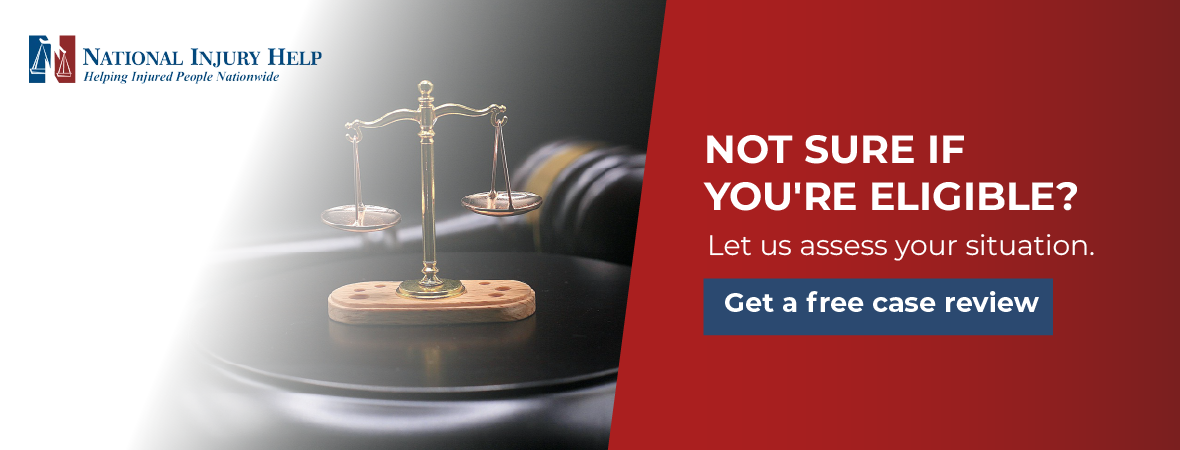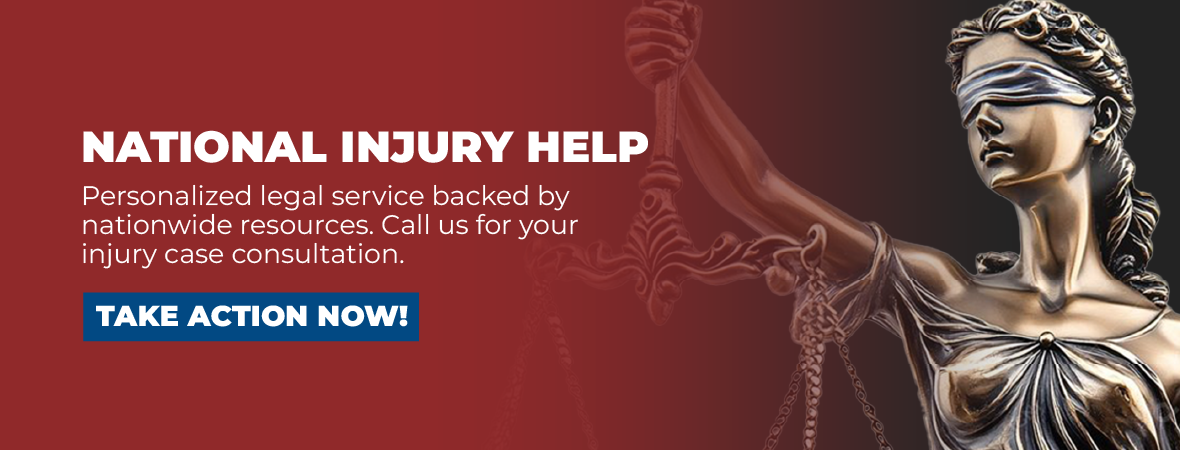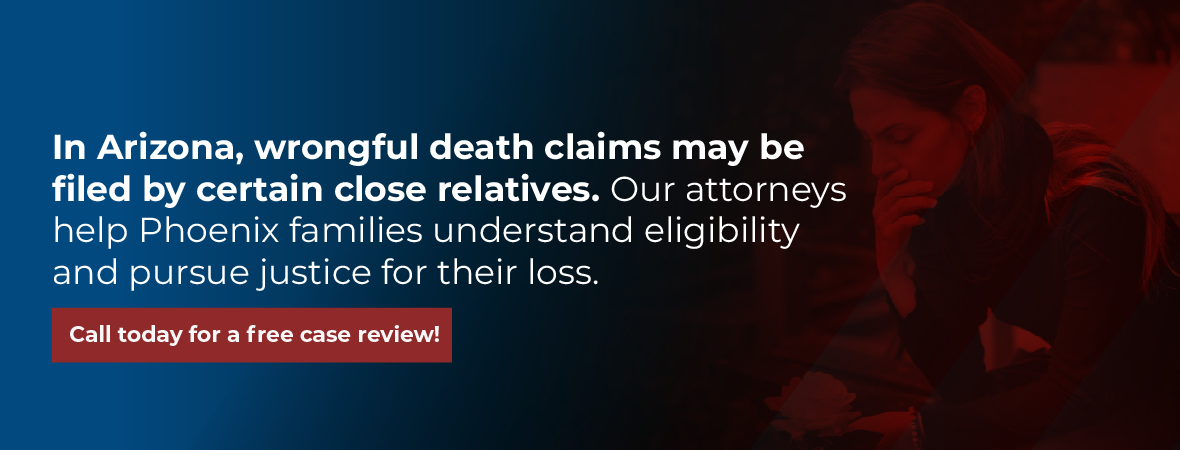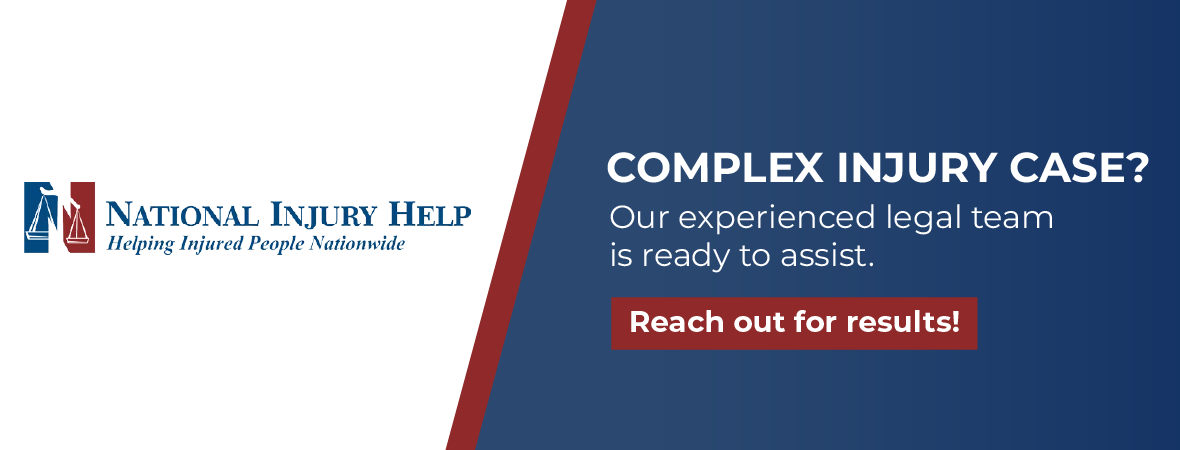Losing a loved one is one of life’s toughest challenges, and it can be even harder when someone else’s actions cause that loss. You might be able to file a Phoenix wrongful death claim. Learn your rights today.
The unexpected loss of a loved one is devastating, emotionally, financially, and spiritually. When that loss occurs due to someone else’s negligence, recklessness, or intentional wrongdoing, Arizona law allows certain individuals to seek compensation through a wrongful death claim. However, not everyone impacted by the loss is legally eligible to file. Understanding who can sue for a wrongful death in Phoenix is the first step toward seeking justice.
Whether your loved one died in a tragic car accident on I-10, due to medical malpractice near Banner-University Medical Center, or from a workplace accident in Downtown Phoenix, it’s important to know your rights and responsibilities.
This guide will help you understand who qualifies as a wrongful death heir, how Arizona law governs eligibility, and why working with a skilled Phoenix wrongful death lawyer can make all the difference.
Understanding Wrongful Death in Arizona
A wrongful death occurs when a person dies due to the wrongful act, neglect, or default of another. According to Arizona Revised Statutes § 12-611, if the deceased would have been able to file a personal injury lawsuit had they survived, their surviving family or legal representative can pursue a wrongful death action.
This is a civil lawsuit, not a criminal prosecution. Even if no criminal charges are filed or if the responsible party is acquitted, eligible family members may still seek financial compensation through the civil courts.
Who Can Sue for a Wrongful Death in Phoenix?
One of the most common questions after a fatal accident is: Who has the legal standing to file a wrongful death lawsuit in Arizona?
Under A.R.S. § 12-612, only certain individuals qualify as wrongful death heirs in Arizona. These include:
- The surviving spouse of the deceased
- The surviving children of the deceased
- The surviving parent or legal guardian of the deceased
- The personal representative of the deceased’s estate (if there are no eligible family members or if filing on behalf of the estate)
If none of the above parties are available or willing to file, the estate’s personal representative may pursue the claim on behalf of legal beneficiaries. However, these parties cannot file separate lawsuits; Arizona law requires that all wrongful death claims stemming from one fatal incident be combined into a single action.
Filing on Behalf of the Estate
When a personal representative files a claim on behalf of the estate, the compensation recovered may be distributed according to:
- The terms of the deceased’s will, if one exists
- Arizona’s laws of intestate succession, if there is no will
The estate may also recover damages the deceased incurred before death, such as medical expenses, lost wages, and pain and suffering. This is distinct from damages claimed by surviving relatives, such as loss of companionship or emotional anguish.
The Role of the Personal Representative in a Wrongful Death Claim
In Arizona, the personal representative plays a vital role when no immediate family members are available or willing to file a wrongful death claim. Appointed either through a will or by the probate court, this individual acts on behalf of the deceased’s estate and any legal beneficiaries. The personal representative does not necessarily have to be a blood relative; it could be a trusted friend, an attorney, or even a professional fiduciary.
When the estate’s representative files a wrongful death claim, any damages recovered are held by the estate and distributed according to the deceased’s will or Arizona’s intestate succession laws. This includes both economic damages, like medical bills and lost earnings, as well as non-economic losses, such as pain and suffering endured by the deceased prior to death.
The personal representative manages the legal process, hires a qualified Phoenix wrongful death lawyer, and ensures all paperwork, deadlines, and court procedures are followed. In many cases, they are also tasked with keeping potential beneficiaries informed of developments. Because of this, the personal representative must be someone capable, organized, and ready to handle the emotional and legal complexities of a wrongful death claim.
How Arizona Treats Multiple Heirs
In cases where multiple individuals qualify as wrongful death heirs, such as a surviving spouse and children, the law allows them to join in a single lawsuit. The court will then divide any compensation based on the evidence of loss and emotional harm suffered by each party.
Here’s how this works in practice:
- The court usually accepts if all heirs agree on a distribution plan.
- If there’s a dispute, the court may hold a hearing and allocate damages accordingly.
This approach helps streamline the process and avoids multiple, conflicting lawsuits stemming from the same fatal event.
What Happens If the Deceased Had No Immediate Family?
If the deceased person had no spouse, children, or parents, the law allows the personal representative of the estate to file a wrongful death lawsuit. The personal representative could be:
- Named in the deceased’s will
- Appointed by a probate court if there is no will
The representative files the lawsuit on behalf of the estate and any legal beneficiaries, such as siblings, nieces, nephews, or others entitled to inherit under Arizona law.
Eligibility for Parents of Adult Children
One frequently misunderstood area of wrongful death law in Arizona concerns the eligibility of parents to sue for the death of adult children. Unlike many other states, Arizona law does permit parents to file a wrongful death claim, even if their child was over the age of 18 at the time of death, provided the parent can demonstrate a tangible loss or close relationship.
Similarly, if an adult child dies without a surviving spouse or children, parents may be the primary beneficiaries of any wrongful death compensation.
Can a Guardian or Legal Custodian File a Claim?
Yes. In situations where the deceased was a minor child, a legal guardian or custodial parent can file a wrongful death claim. The law ensures that those who had legal responsibility and a caregiving relationship with the child may seek justice and compensation for their devastating loss.
Common Conflicts in Eligibility
Wrongful death cases sometimes involve disputes among surviving family members. These may arise over:
- Who should file the claim (e.g., spouse vs. parent)
- How to divide compensation
- Who should serve as the personal representative of the estate
When these conflicts occur, the court may appoint a neutral representative, and it may also intervene to ensure a fair distribution of any damages awarded.
Working with a knowledgeable Phoenix wrongful death lawyer helps minimize these conflicts by providing clear legal guidance and representation for all eligible parties.
How Eligibility Affects Compensation
Eligibility isn’t just about who can file; it also determines who may receive financial compensation. Arizona law allows wrongful death damages to reflect the personal and financial losses suffered by each heir. Compensation may include:
- Funeral and burial costs
- Loss of income and benefits that the deceased would have provided
- Emotional pain and suffering
- Loss of love, affection, guidance, and companionship
Each heir’s relationship to the deceased plays a role in how much they may be awarded. Courts typically consider:
- The emotional closeness of the relationship
- Financial dependence on the deceased
- The extent of each party’s loss
The Importance of Acting Quickly
Eligibility also ties into Arizona’s statute of limitations. According to A.R.S. § 12-542, wrongful death claims must typically be filed within two years of the date of death. Even eligible heirs may permanently lose their right to seek compensation if a claim is not filed in time.
There are exceptions in some cases, for instance, if the responsible party concealed facts or if the cause wasn’t immediately known, but these are rare. Prompt legal action is essential to preserve evidence, protect your rights, and meet court deadlines.
Why Work with a Phoenix Wrongful Death Lawyer?
Determining who can sue for a wrongful death in Phoenix is more complex than it seems. Arizona’s laws regarding heirs, estate representatives, and beneficiaries are nuanced, especially when multiple parties have competing interests or when the deceased left no will.
A skilled Phoenix wrongful death lawyer can help your family by:
- Identifying all eligible heirs and ensuring they’re included in the claim
- Helping resolve conflicts over legal standing or representation
- Coordinating with the probate court if a personal representative must be appointed
- Ensuring the case is filed properly and within the statute of limitations
- Maximizing compensation based on your emotional, financial, and relational loss
You don’t have to navigate Arizona’s wrongful death laws alone. Legal counsel can ensure your family’s interests are protected from the very beginning.
Get Help From a Trusted Phoenix Wrongful Death Lawyer Today
If you’re struggling to determine who can sue for a wrongful death in Phoenix, or if you’re unsure whether you qualify as one of the wrongful death heirs in Arizona, help is available. Our compassionate and experienced legal team is here to answer your questions, explain your options, and help you pursue the justice your loved one deserves.
Contact National Injury Help today at 1 (800) 214-1010 to schedule your free consultation with an experienced Phoenix wrongful death lawyer. Let us help you protect your rights, honor your loved one’s memory, and secure the compensation your family needs to move forward.








